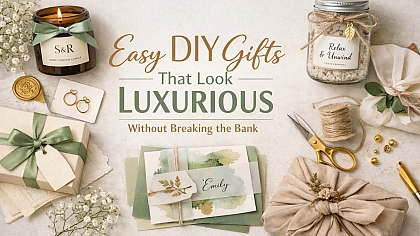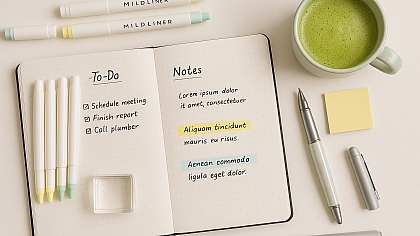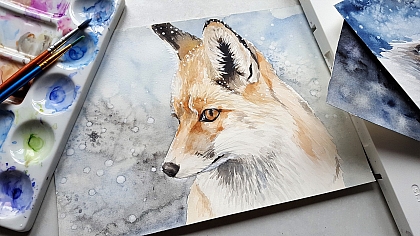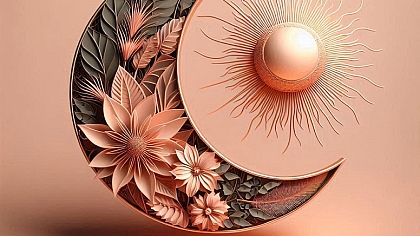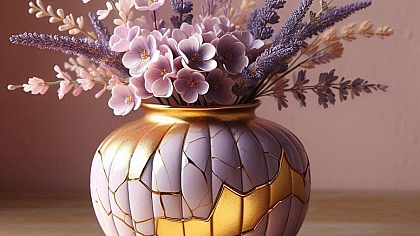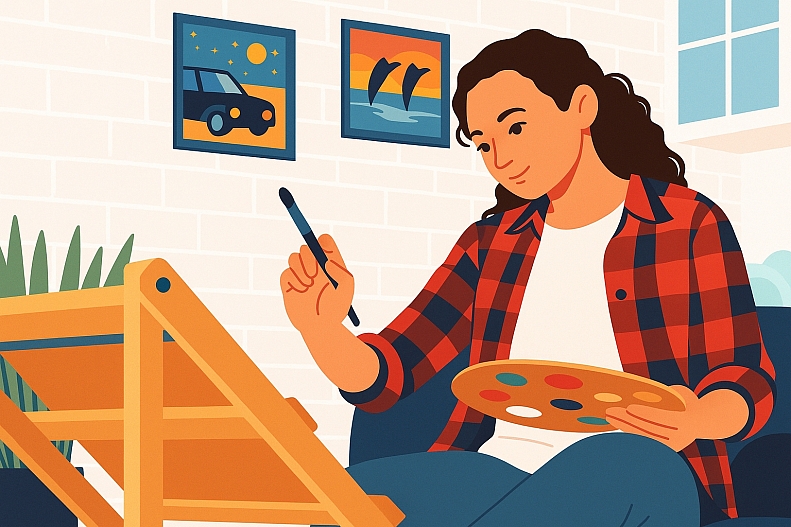
Living Life in the Hobby Lane
How Simple Pursuits Unlock Big Benefits
There’s a quiet revolution happening across the UK. It doesn’t involve headlines, hashtags, or algorithms. Instead, it begins at the dining table, the community hall, the allotment shed. It’s driven by something refreshingly analogue: hobbies.
From creative outlets and physical activities to intellectual challenges and lifestyle rituals, hobbies offer a practical way to reclaim joy, calm, and clarity in everyday life.
Make Space for Making Things
Whether you’re picking up a brush for the first time or rediscovering an old sketchbook, creative hobbies have a way of silencing the inner critic. But they’re not just feel-good distractions. Studies show that regular creative activity can have powerful effects on mental well-being. If you’re curious about starting, try sketch journaling, collage, or even sculpting air-dry clay. These aren’t art school assignments—they’re stress relievers. And the evidence is solid: see how creative hobbies ease stress, especially when done regularly and without pressure. Letting your hands lead while your mind softens can turn an ordinary Sunday into something deeply restorative.
When Passion Turns Into a Profession
Sometimes, the hobbies we start out of curiosity turn into something more—a nudge toward a new chapter. If your weekend experiments with code, web design, or system-building have lit a spark, formalising your skills can be the next logical step. A computer science degree online program offers a way to build fluency in programming, systems architecture, and IT theory—all without pressing pause on your current responsibilities. These programmes are designed for working adults and career-changers, giving you the flexibility to learn while you earn. Turning a creative spark into a livelihood doesn’t require dropping everything—just choosing a learning path that works with your life, not against it.
Movement That Meets You Where You Are
You don’t need a gym membership, Lycra kit, or Couch to 5K playlist to reap the rewards of physical hobbies. For many Brits, gentle activity like gardening, swimming, or hill walking offers a sustainable way to stay active without the performance mindset. Walking groups, in particular, have surged in popularity—not just for fitness, but for community. They’re one of the ways gentle walking groups boost mood and help people reconnect with their surroundings. Beginners can start with short local loops and build gradually. There’s no leaderboard, just movement that makes sense for you.
Feed Your Head: Intellectual Hobbies
If your idea of unwinding involves learning something new or solving a problem, intellectual hobbies are a brilliant outlet. These activities stimulate focus and curiosity while creating structure in your downtime. One example that’s gaining momentum across all age groups is whittling—yes, the traditional craft of shaping wood. It requires patience, attention, and just enough difficulty to keep you challenged. You might be surprised by how solo whittling sharpens focus and encourages mindfulness. Other intellectually satisfying hobbies include language learning, jigsaw puzzles, and single-player strategy games like chess or Go. Each of these practices invites you to lose track of time.
Lifestyle Meets Leisure: Crafting a Rhythm
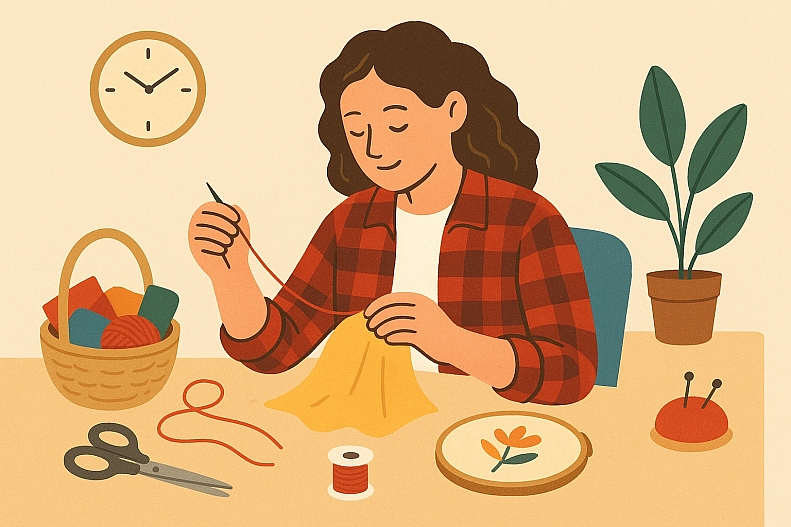
Lifestyle hobbies are often the unsung heroes of a balanced life. Think sewing, baking, home organisation, or even DIY. These aren’t just household tasks—they’re modes of expression. You don’t need a dedicated craft room or expensive kit to start. The trick is to focus on purpose over perfection. If you’re new to hands-on projects, explore easy beginner craft ideas at home that require minimal tools and offer maximum joy. Whether you’re creating a handmade card or upcycling an old piece of furniture, the act of shaping your surroundings to better reflect your values is quietly empowering.
Small Shifts, Big Uplifts
The benefits of hobbies extend far beyond the hours spent doing them. They can improve sleep, reduce anxiety, and even increase cognitive flexibility. It’s not about being an expert—it’s about being engaged. Research shows that little hobbies lift emotional health, often in ways we don’t expect. Painting might improve your patience. Knitting could regulate your breathing. Gardening might reconnect you to seasonal rhythms. It’s not the activity itself that holds the magic—it’s the presence it demands and the permission it grants to be where you are, doing what you love, without judgment.
Connection Beyond the Craft
While many hobbies start in solitude, they often blossom into connection. That’s one of their most powerful side effects. A book you read alone might lead to a chat with someone across the aisle in Waterstones. A solo painting practice could pull you out to an evening class or a local exhibit. Even something as quiet as journaling might spark conversations you didn’t know you needed to have. Across the UK, libraries, community centres, and art cafés are fostering this cross-pollination. One great example is how reading turned into shared joy through book clubs, storytelling nights, and literary festivals. Hobbies may begin with personal curiosity, but they often grow into social glue.
If you’ve been waiting for a sign to try something new—or return to something forgotten—this is it. Hobbies aren’t luxuries. They’re tiny acts of self-trust, repeated until they become anchors. Whether you find yourself kneading dough, carving wood, replanting lavender, or reciting lines from a play, you’re not wasting time. You’re making something of it.
Discover the magic of creativity at Daslia, where unique handmade cards, bespoke art, and endless craft inspiration await to transform your artistic dreams into reality!
